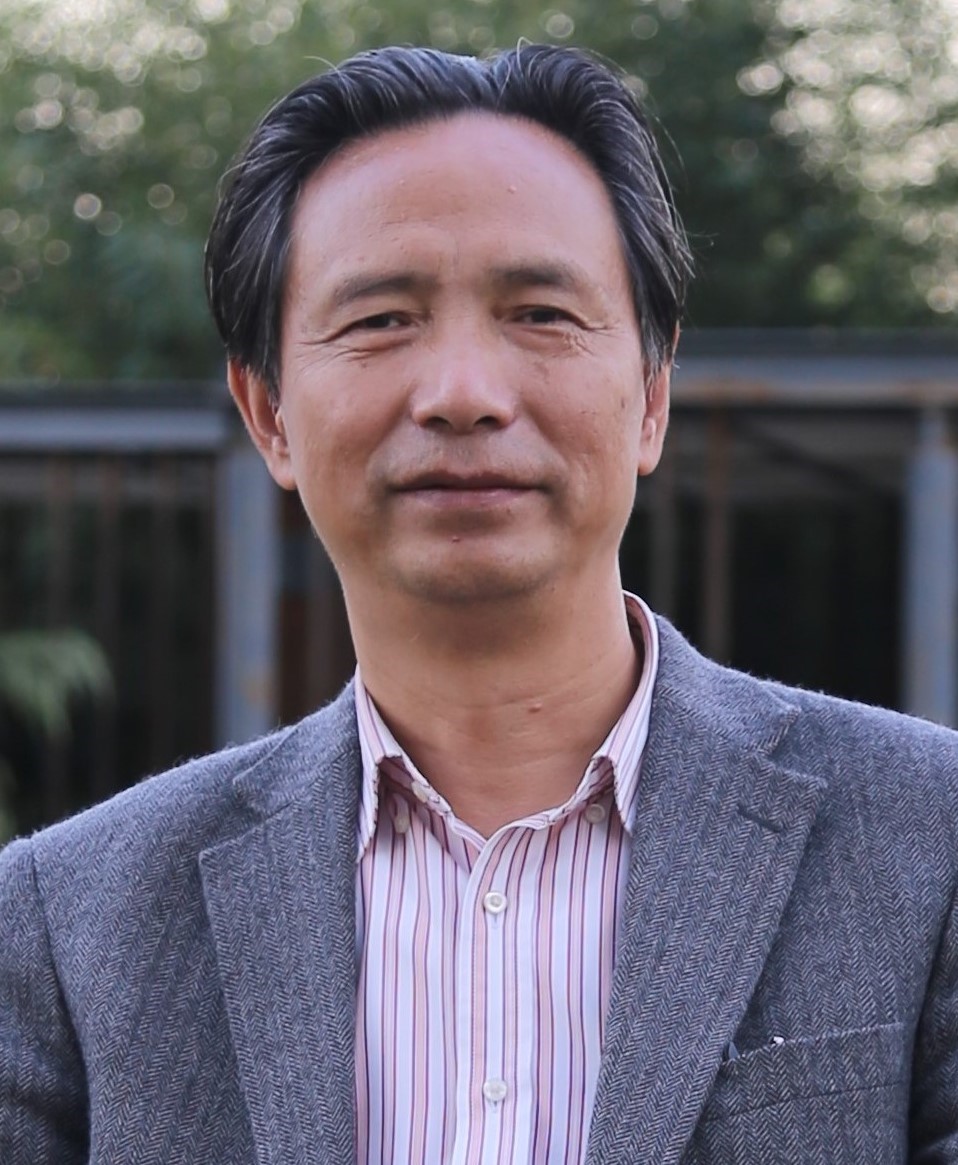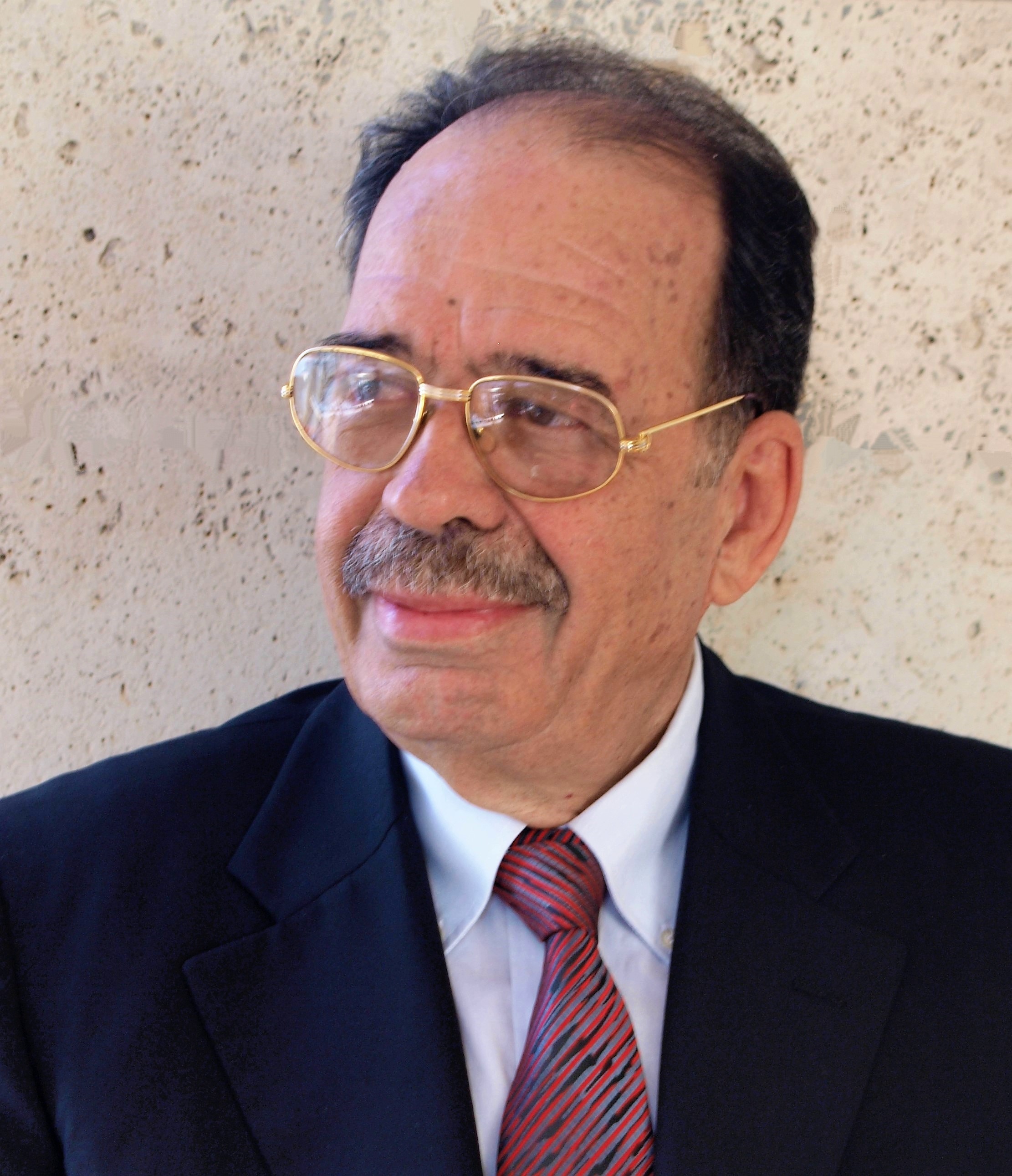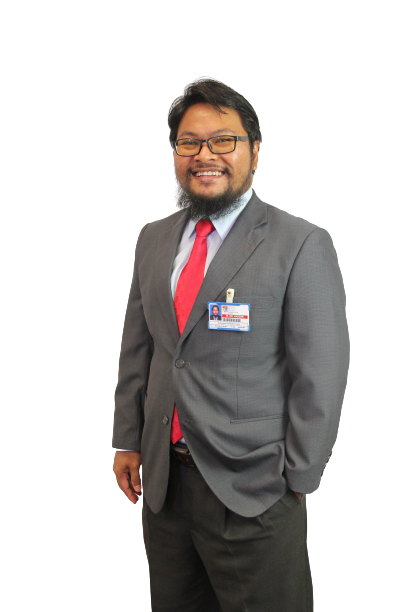Keynote Speakers
Prof. Xiaoyun Zheng
Distinguished Professor, Hubei University, ChinaPresident of China Institute of Yangtze River Studies
Speech Title: Drainage and Wastewater Management in China from Ancient Time to Present Age
Abstract: This presentation introduces the drainage and wastewater management in history of China and current urban wastewater management. It discussed the logic and practices of urban water system construction in the Chinese history. In the early history of urban development of China, the major rivers basin were strongly considered to be the site to building the city, all the influential ancient cities in China were built near the major rivers or canals , included a series of most influential ancient capital cities such as Anyang,Changan,Luoyang,Kaifeng,Nanjing,Hangzhou,Beijing, etc. Therefore, a logically urban water system included water supply and drainage was formed to matching with the natural condition and it was inherited from 1st century until 1950s almost in 2000 years of Chinese history. This presentation with cases of a series of ancient influential cities to understand unban drainage integrally as well as the situation in residential areas. Next, for understanding the current situation of urban wastewater management, this presentation with case of Wuhan City, a large city with population 15 million in number, to introduces the transformation, development and challenge of wastewater management and drainage in this city from 1950s to present day.
Biography: Dr. Xiaoyun Zheng, is a full distinguished professor in Hubei University, and president of China Institute of Yangtze River Studies. He is a human hydrologist and historian in the fields of the environment\water history of China and comparative studies globally. He is past president of International Water History Association (2012-2015). Currently, he is a scientific advisor of UNESCO’ s Global Water Museum Network, vice president of Chinese Water Museum Alliance, academician of France Academy of Water. He was awarded the Honorary PHD by Aristotle University of Thessaloniki, Greece in 2017, Honorary Professor of Vietnam National Institute of Culture and Arts in 2009, etc. He has published 24 books and more than 200 papers in China and international. His research interesting included the cultural dynamics of water management, rural water environment and sanitation, the history of urban water management, river water history, the comparative water history in global horizon.
Prof. Andreas N. Angelakis
Honorary member, and Distinguished Fellow of IWAGreek Ministry of Agriculture, Agricultural School of Messara, Greece
Speech Title: Evolution of Water Quality focusing in the Hellenic World Through the Centuries
Abstract: Water quality is a fundamental issue for the survival of a city, especially on dry land. In ancient times, water availability determined the location and size of villages and cities. Water supply and treatment methods were developed and perfected along with the evolution of urbanization. In Europe, after the fall of the Roman Empire, water supply and sewage systems went through fundamental changes. However, in medieval times, the lack of proper sanitation and low water quality increased the spreading and effects of epidemics. The importance of potable water quality was established during modern times. In Greece, the significance of water filtration and disinfection was not understood until the beginning of the 20th century. Moreover, the beneficial effects of water quality and sanitation on human health and especially on life expectancy are considered. In Greece and other countries, a dramatic increase in life expectancy mainly after the 2nd World War is probably due to the improvement of potable water quality and hygiene conditions. However, since the mid-20th century, new water quality issues have emerged, such as eutrophication, the improvement of water treatment technologies, as well as chemical and microbiological water pollution problems. This study, in addition to the historical evolution of water quality, highlights and discusses the current issues and challenges with regard to the management and protection of water quality, including global changes in population and urbanization, lack of infrastructure, use of nonconventional water resources, spreading of emerging pollutants and contaminants (e.g., antibiotics and microplastics), and climatic variability impacts. Against these, a review of the main proposed strategies and measures is presented and discussed to protect water quality and maintain water supplies for the future. Understanding the practices and solutions of the past provides a lens with which to view the present and future.
Biography: Andreas N. Angelakis is an Adjunct Professor at the Technical University of Crete, Chania (1989 -2008), Technical Consultant of the Hellenic Association of Municipal Water and Sewerage Companies (EDEYA) (1991 -2018), and Water Reuse Consultant in FAO (1996-2018). His research interests include wastewater treatment and waste reuse, small and decentralized water management systems, and water resources technologies in ancient civilizations.
He was President of the European Federation of National Water and Wastewater Services Associations (EUREAU) (2008-2009) and a member of the Board of Directors for 16 years (1993-2009). He also chaired the EUREAU Working Group (WG) on Wastewater Reuse (2001-2007). He was originally a member of the International Water Pollution Research Association (IAWPR) and thereafter of the International Water Pollution Research Association (IAWPR) from 1980 to 1999. Finally, he was member of the International Association on Water Quality (IAWQ), WG for Water Recycling and Reuse from 1991 to 2005.
He has been a member of International Water Association (IWA) since 2000. He was president of the IWA Specialist Group (SG) for Water in Ancient Cultures (WAC) (2005 -2019). In October 2019, he was elected President of the new Joint IWA-IWHA (International Water History Association) SG in Water Resources in Ancient Civilizations (WAC). He was also a member of the IWA Strategic Council (2016 to 2019). 2
He has been honored and accepted awards including the awarding of Honorary Member, Fellow and Distinguished Fellow by IWA (2010, 2012 and 2015, respectively). He is an Honorary Member of the Hellenic Water Association (HWA, 2011). Also, Member of the European Academy of Sciences and Arts (2018), Member of the French Academy of Water (2021), Honorary Professor of Hubei University, Wuhan, China (2019), and Honorary doctorate of the Agricultural University of Athens, Greece (2021).
Today he collaborates with international IWA members to highlight the timeless principles and practices of hydro-technology in ancient civilizations and to understand "what and how we could learn from the past". With a growing global awareness of the importance of water and wastewater management in ancient civilizations, IWA SG on WAC has organized more than a dozen international and regional symposia and workshops on hydro-technologies in ancient civilizations over the past decade.
He has authored or co-authored more than 550 publications, including articles in reputable international peer-reviewed journals, Greek and English books, book chapters and more, with more than 7,500 Google citations and i10-index 119. He has been invited / participated in more than 200 scientific events with corresponding lectures in Greece and abroad. Finally, he is the editor and member of the editorial boards of many international scientific journals.
More information, please see https://www.a-angelakis.gr/index.php
Dr. Hassimi Abu Hasan
Head of Research Centre for Sustainable Process TechnologyFaculty of Engineering and Built Environment, Universiti Kebangsaan Malaysia
Associate Professor
Department of Chemical and Process Engineering
Universiti Kebangsaan Malaysia
Speech Title: Moving Bed Biofilm Reactor for Palm Oil Mill Effluent Treatment
Abstract: Palm oil mill effluent (POME) contains high chemical oxygen demand (COD) and ammonia-nitrogen (NH3-N), causing a big threat to the environment if being treated improperly. The treatment methods of this liquid waste into water resources are considered conventional that uses ponding system such as anaerobic, facultative, and aerobic ponds. This in turn has got the full attention of researchers improve the treatment efficiencies by adapting a biofilm treatment process in treating POME. This study aimed to treat POME using moving bed biofilm reactor (MBBR) which is one of the technology-based biofilm processes. The first objective of this study was to identify the operating parameters that affecting a laboratory-scale MBBR namely type of media, hydraulic retention time and media filling fraction before the optimization on the POME treatment. The performance of the pilot-scale MBBR was determined by manipulating COD loading and air flow rate using two different operating modes; batch and continuous. Based on the results obtained in first objective shows that the laboratory MBBR performed well at hydraulic retention time and media filling fraction of 69.4 hours and 29%, respectively, with 53.3% COD and 91.8% NH3-N removal. A pilot-scale MBBR performed well in continuous mode with removal of COD and NH3-N are 92.1% and 97.1% respectively. As conclusion, MBBR has a great potential to be used for POME treatment with average COD removal more 80% in continuous mode and can be used as a pretreatment prior to membrane filtration.
Biography: Hassimi Abu Hasan is an Associate Professor in the Department of Chemical and Process Engineering, Faculty of Engineering and Built Environment, Universiti Kebangsaan Malaysia (UKM). Currently, he is a head of Research Centre for Sustainable Process Technology (CESPRO) at Faculty of Engineering and Built Environment, UKM. He graduated from UKM with a Bachelor of Biochemical Engineering and Doctor of Philosophy (PhD in Chemical and Process Engineering). He was a Program Coordinator for Master of Engineering (Environment) from August 2015 – January 2021. He was a Young Water Representative for the Small Water and Wastewater System (SWWS) Specialized Group, International Water Association from November 2017 – October 2020. He was awarded UKM Excellent Young Academician 2018, UKM Excellent Young Researcher 2017. His research focus on waste treatment and resource recovery using biofilm, phytoremediation, and phycoremediation technology. He innovated a new biofilm supporting media to hold microbial cells for the biofilm formation. This technology is proven to treat wastewater up to more effectively compared to the common activated sludge. His expertise in waste treatment has recognized by PUBLON, Clarivate Analytics as “Top 1% Reviewer in Biology/Biochemistry” and “Top 1% Reviewers Environment/Ecology”. He was also awarded “Top Reviewer Award 2017 and 2018 in Top 1% journal - Bioresource Technology”.
List of speakers will be updated soon...



